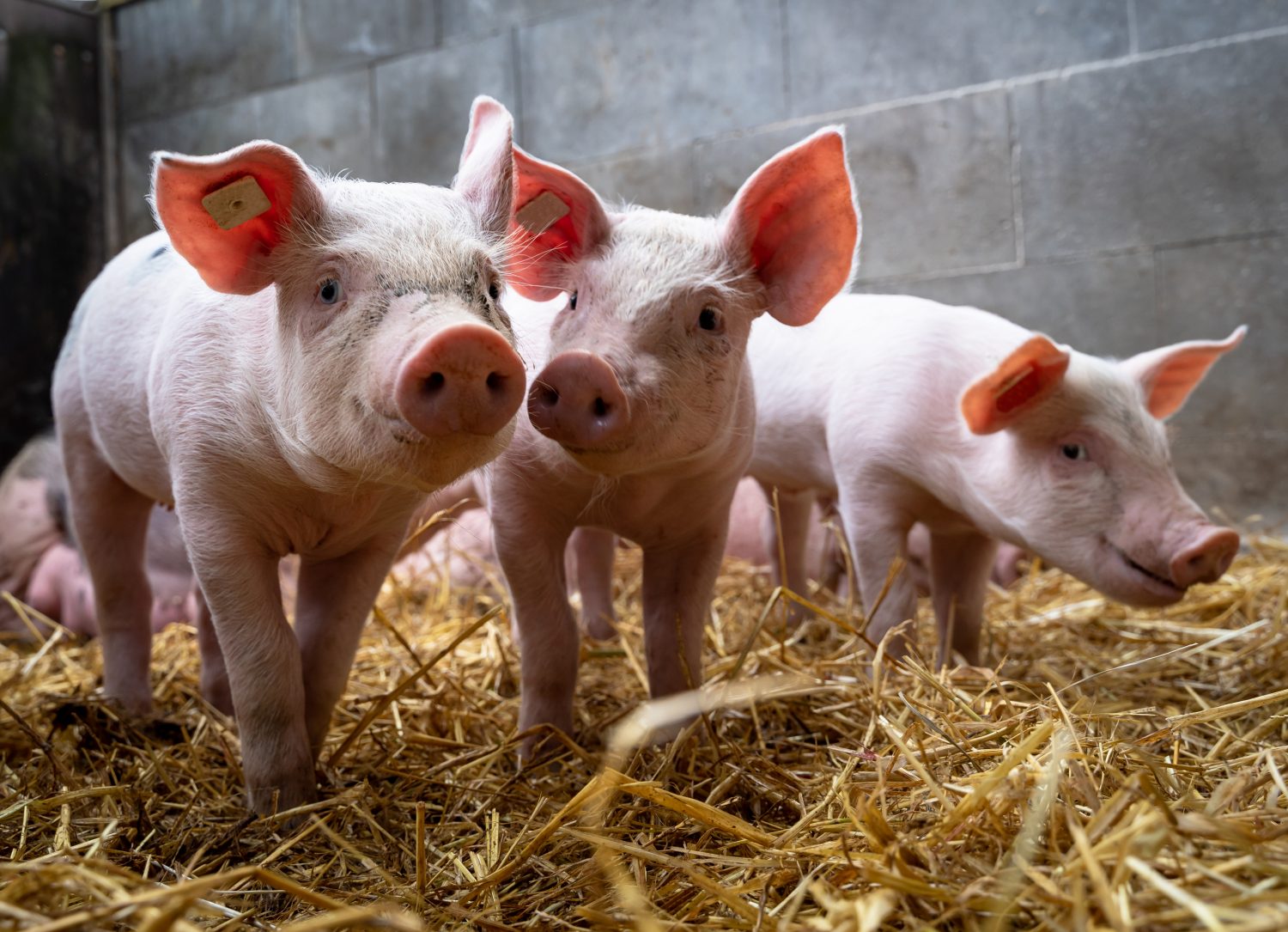« La Food and Drug Administration (FDA), régulateur de santé américain, vient d’approuver le premier cochon génétiquement modifié pour l’alimentation humaine et les usages médicaux. Le cochon, nommé GalSafe, va pouvoir non seulement être consommé en tant que viande mais aussi être utilisé pour la production de produits pharmaceutiques ou pour la production « d’organes de remplacement ».
Même si le premier objectif est de développer des produits médicaux qui ne produiront pas d’allergies, une commercialisation de la viande de cochon GalSafe pourrait être envisagée prochainement. En tout cas, la FDA a d’ores et déjà certifié que cette viande est propre à la consommation.
Dans ce contexte, nous aimerions poser les questions suivantes à Madame la Ministre de la Santé et à Monsieur le Ministre de l’Agriculture, de la Viticulture et du Développement rural :
– Quel est l’avis de Madame la Ministre concernant l’utilisation de ces cochons à des fins de recherche et de production de médicaments ?
– Est-ce que ces cochons peuvent être utilisés à des fins scientifiques en Europe ?
– Est-ce que des médicaments créés sur base de ce cochon pourront être autorisés sur le marché européen ?
– Quel est l’avis de Monsieur le Ministre concernant l’utilisation de ces cochons au service de l’alimentation humaine ?
– Sachant que l’Union européenne interdit l’élevage d’animaux transgéniques, des produits transformés à base de ces cochons pourraient-ils néanmoins être autorisés sur le marché européen ? »
Answer
The use of genetically modified pigs for scientific purposes is not prohibited in the EU, however, there are a number of requirements that must be met in order to obtain a corresponding authorization. Thus, e.g. the project has to be scientifically justified. In Luxembourg, pigs are not used for scientific purposes. As far as medicines based on genetically engineered animals are concerned, these can also be used in the EU as long as they are authorized by the EMA. Finally, the precautionary principle should be respected with regard to the consumption of such animals. In addition to the fact that food safety must be guaranteed, the production of meat from transgenic animals must also be of interest in relation to normal meat before it can be approved as food.






